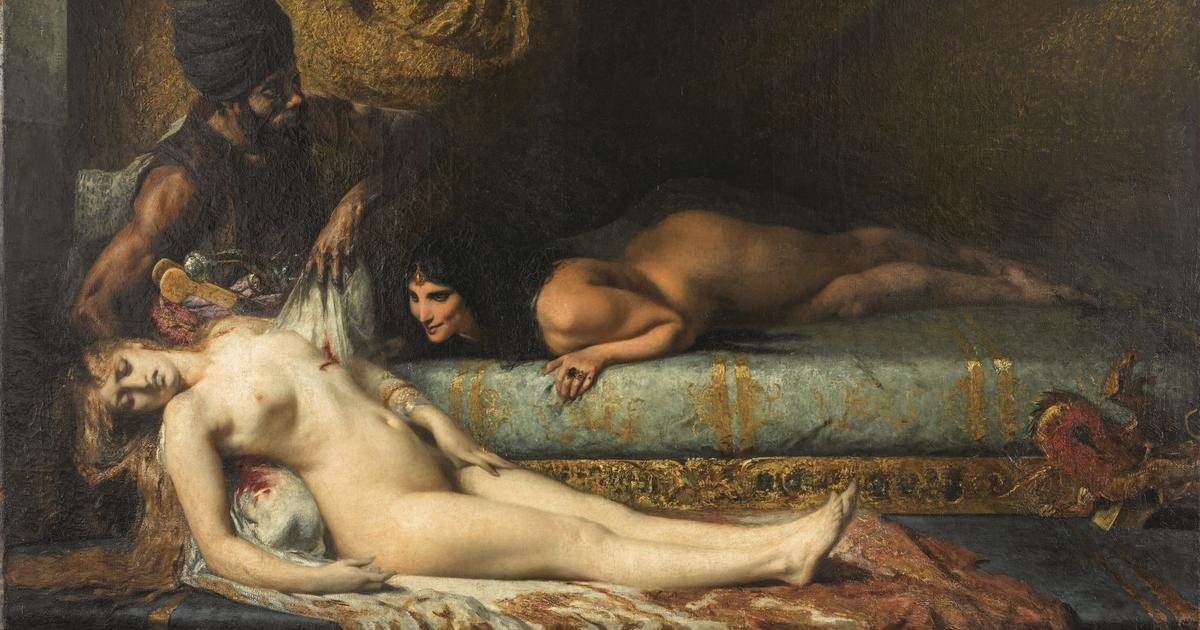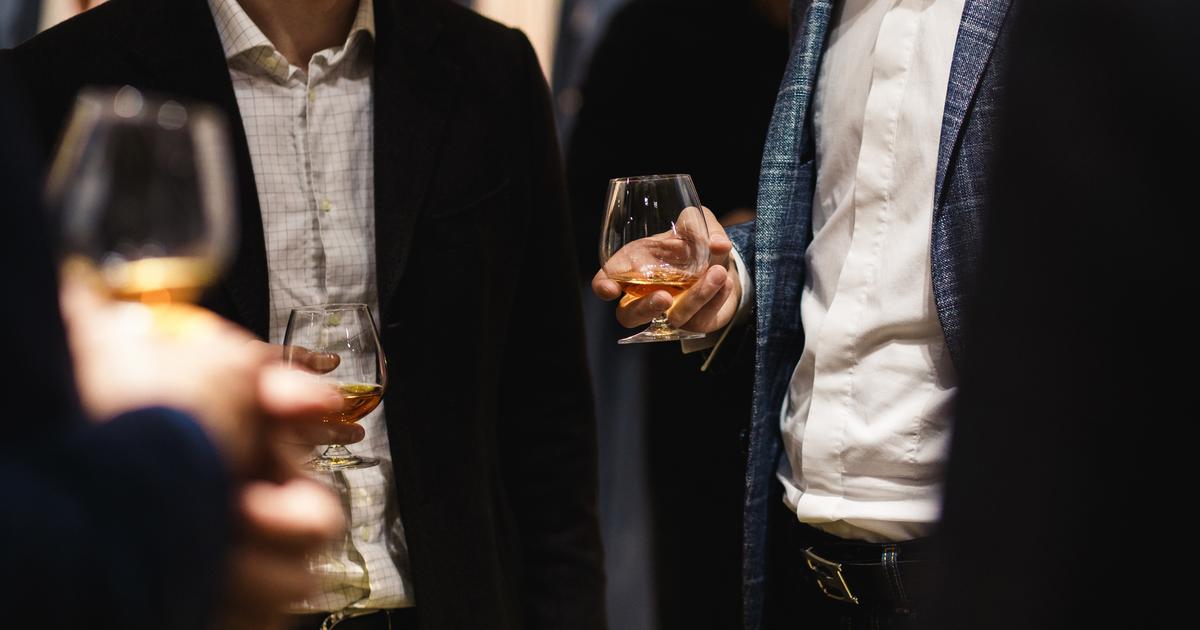'L'aubade', by Pablo Picasso, 1965 Succession Picasso? 2019 RMN-Grand Palais (Musee national Picasso-Paris) / Herve Lewandowski
The convention that he did not like music is one of the most misleading statements circulating about Pablo Picasso.
The “paradox” of the Malaga painter's relationship with sublime sound art focuses on
Las musicas de Picasso,
an exhaustive and revealing exhibition at the Paris Philharmonic, which opens today and which focuses on this perhaps still surprising aspect of an artist from the that seems to know everything, but of which there are still new facets to discover.
On one side is the “legend”, as its curator, Cécile Godefroy, explained in the presentation of the exhibition.
This myth stems from a comment by Picasso that sparked the debate that has ended up underpinning the new exhibition: “Basically, when we talk about abstract art, we always say that it is music.
When you want to speak well, you speak of music.
Everything becomes music (…) I think that's why I don't like it ”.
This theory would come to be contradicted by the “verification”, again according to Godefroy, of “the omnipresence of music in her work”.
“From the first scenes of gypsy life to the flute players of the seventies, through the musical acrobats, cubist guitars, collaborations with Russian ballets, the artist's sound poems or the bacchanalia that they illustrate in the postwar period, an infinite number of canvases, graphic works, ceramics and sculptures, all of Picasso's work, all the supports and periods included, is crossed by music ”, summarizes this art historian who has dedicated four years to researching the artist and his environment for this exhibition , which brings together more than two hundred works, from some of the most celebrated to others almost unknown.
Instruments Collection
A large part has been loaned by the Picasso Museum in Paris, a fundamental ally of the Philharmonic in this project that "seeks to break clichés" around the painter, according to Laurent Le Bon, director of the Parisian museum dedicated to the artist.
The exhibition, open to the public until January 2021, also exhibits around twenty instruments, especially stringed ones, which were part of Picasso's private collection and which became frequent protagonists of his work.
Special emphasis is placed on the artist's cubist stage, in which the instruments became "an object of fascination and study of forms" that allowed him to "reinvent the ways of perceiving and conceiving instruments" until they became a " something experimental, conceptual ”, according to Godefroy.
The sound accompaniment of the exhibition is also essential, an acoustic tour specially created for this exhibition based on a hundred works and archives that, according to the director of the Museum of Music that has organized it, Marie-Pauline Martin, represent a “ true immersion in what Picasso was listening to ”.
They also serve to remember the long list of musicians with whom he collaborated, such as Erik Satie, author of the score for the ballet
Parade
, premiered in Paris in 1917 and whose costumes and scenery were the work of Picasso.
On video, the details of the exhibition.
EFE
The tour also includes numerous photographs of the painter that contradict his alleged aversion to music, both in the privacy of his home - playing the trumpet at La Californie, the villa he owned in Cannes and whose gardens he decorated with figures of performers, or showing him the handling the marimba to Jean Cocteau—, as in popular festivals, especially in the bullfights that he was so fond of.
“He may not have been a music lover in the sense that he went to the opera all the time, but I don't think you can say that music has not crossed his life,” commented Laurent Le Bon.
A conclusion that triggers a singular reflection from the Picasso expert: "Perhaps, deep down, his whole life was nothing more than a musical composition."








/cloudfront-eu-central-1.images.arcpublishing.com/prisa/WBSNDOXTFVGAZFSY7JE7AK3OQM.jpg)




/cloudfront-eu-central-1.images.arcpublishing.com/prisa/S7ERVSCT4FUVX6R7TUVBDNTH5Y.jpg)
